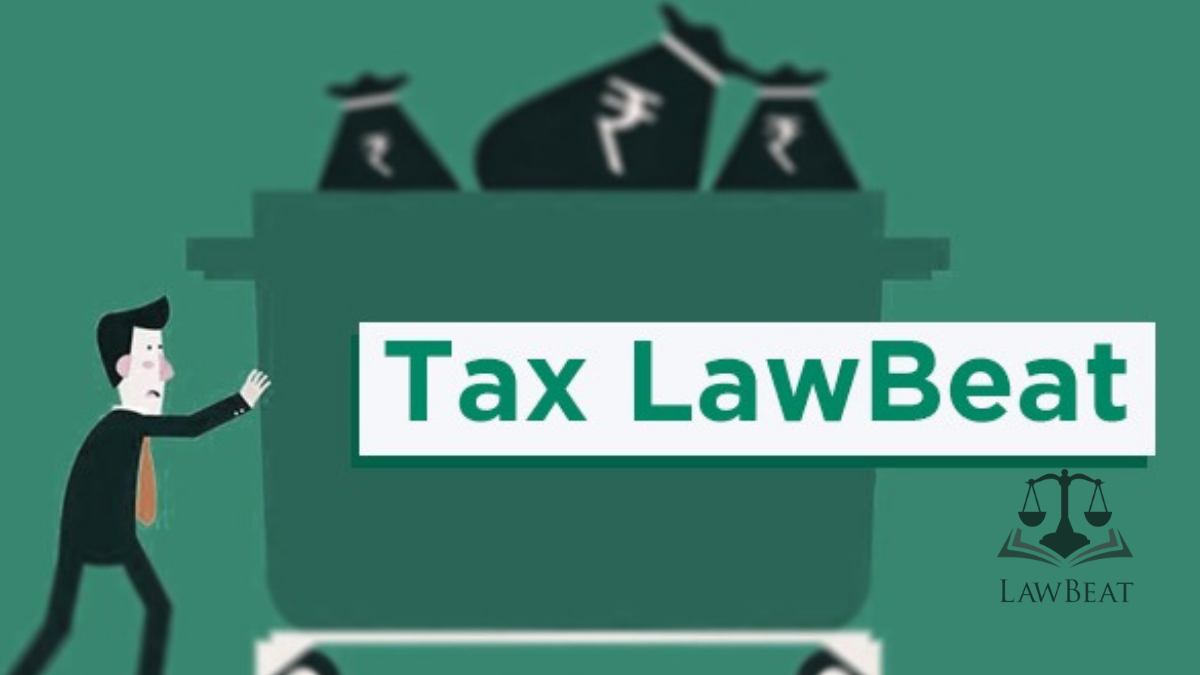Tax LawBeat: Your Daily Tax Law Newsletter

INCOME TAX CASES:
- COMMISSIONER OF INCOME TAX CHENNAI Vs M/s SOCIETY OF DAUGHTERS OF MARY IMMACULATE AND COLLABORATORS (TCA No. 419 of 2012) – March 02, 2021
Madras High Court while answering in favour of taxpayer, held that Section 13(1)(d) which was overriding effect makes it mandatory for the trust to invest the entire left over funds after meeting the expenditure in any of the modes of investments provided under Section 11(5) of the Act. Even in a case where 75% is spent by the trust and balance 25% is carried over, such 25% should be invested only in any of the modes provided under Section 11(5) of the Act and if there is a violation, then Section 13 puts a bar on exemption u/s 11.
In other words, while the difference between actual expenditure and 75% of the income is covered by Section 11(2)(b) read with Section 11(5), Section 13(1)(d) provides that the entire balance unspent income left in the hands of the trust has to be invested in any of the authorized securities provided u/s 11(5).
Further, there is an absolute prohibition by virtue of Section 13(1)(d) against any charitable institution investing any amount at any point of time in any investments or mode of investments other than those narrated in Section 11(5).
- SILVERDALE INN PVT LTD Vs INCOME TAX OFFICER (R/Special Civil Application No.16253 of 2019) – February 16, 2021
Gujarat High Court answering in favour of Department, held that when AO has duly applied his mind on evidences produced by taxpayer and there was satisfaction by his own with regard to escapement of income, then reopening initiated by him is apt.
Further, if AO has caused or justification to know or suppose that income had escaped assessment, it can be said to have reason to believe that income had escaped assessment.
- IDBI BANK LTD Vs DEPUTY COMMISSIONER OF INCOME TAX - LTU (2), MUMBAI (ITA No. 3394/MUM/2019) – November 18, 2020
Mumbai ITAT answering in favour of Taxpayer, held that payment made for non-compliance with RBI norms on customer service cannot be disallowed for falling under Explanation-1 to section 37(1) even when the payment is compensatory in nature.
Further, non-monetary perquisite cannot be added to assessee income while computing book profits u/s 115JB even when the amount represents the employee cost. Therefore, TDS is not liable to be deducted on year end provision of expenses.
INDIRECT TAX CASES:
- Mercedes Benz Research and Development India Pvt Ltd Vs CCT (Service Tax Appeal No. 20030 of 2020) – March 09, 2021
Bangalore CESTAT while answering in favour of taxpayer, held that the Assessee is in appeal against impugned order whereby the Commissioner (A) has rejected their refund claim with regard to two input services, viz. Real Estate Agency Service and Works Contract Service on the ground of lack of nexus with the output services. As far as Real Estate Agency Service is concerned, the said service has been availed for identifying the office premises from where the software services can be exported by assessee and without office premises, software services cannot be rendered hence the said service is directly related to the primary business requirement of assessee and it has a direct nexus with the Output Service.
Further, with regard to the Works Contract Service, both the authorities have not appreciated the fact that the assessee have availed the services towards repair and maintenance of office premises which is essential for the provision of output services and further modernization, renovation, repair and maintenance of office premises is specifically included in definition of Input Service under Rule 2(l) of CCR, 2004. Therefore, denial of refund is not sustainable in law.
- Nayara Energy Ltd Vs CCE & ST (Excise Appeal No. 10249 of 2020) – March 15, 2021
Ahmedabad CESTAT held that the issue relates to availability of Cenvat Credit in respect of various services. The lower authority has denied the credit on the ground that either there is no nexus between the service and the appellant's manufacturing activity/business activity or in some cases the appellant failed to produce documentary evidence such as invoices in respect of Input Services on which Cenvat Credit was claimed by appellant. It is submitted that all the services were used either in relation to manufacturing activity of appellant or in relation to overall business activity.
Further, it is also not disputed that the invoices were issued in name of appellant therefore, there is no question of receipt and use of service by any other person except by appellant. In view of various judgments, the appellant is entitled for the Cenvat Credit. However, in respect of same services, some of the invoices were not produced by appellant which needs to be verified.
